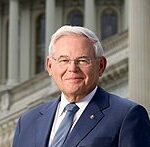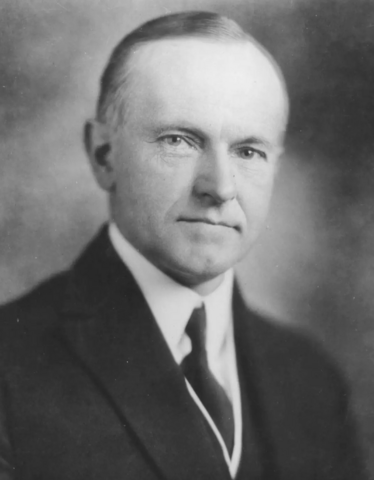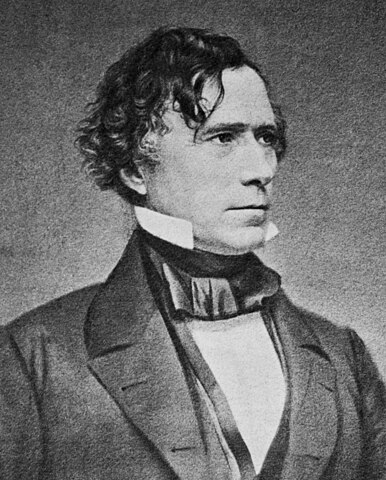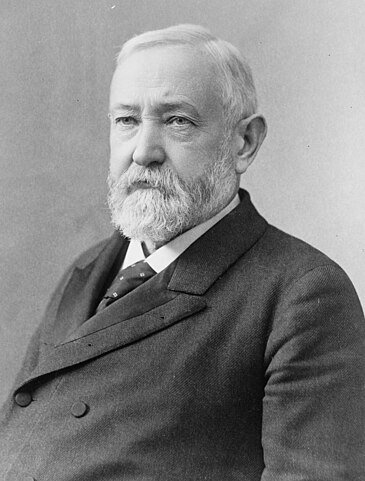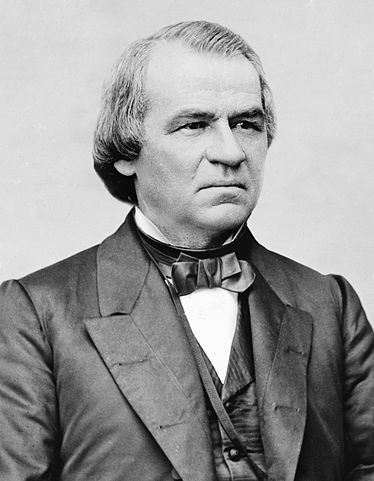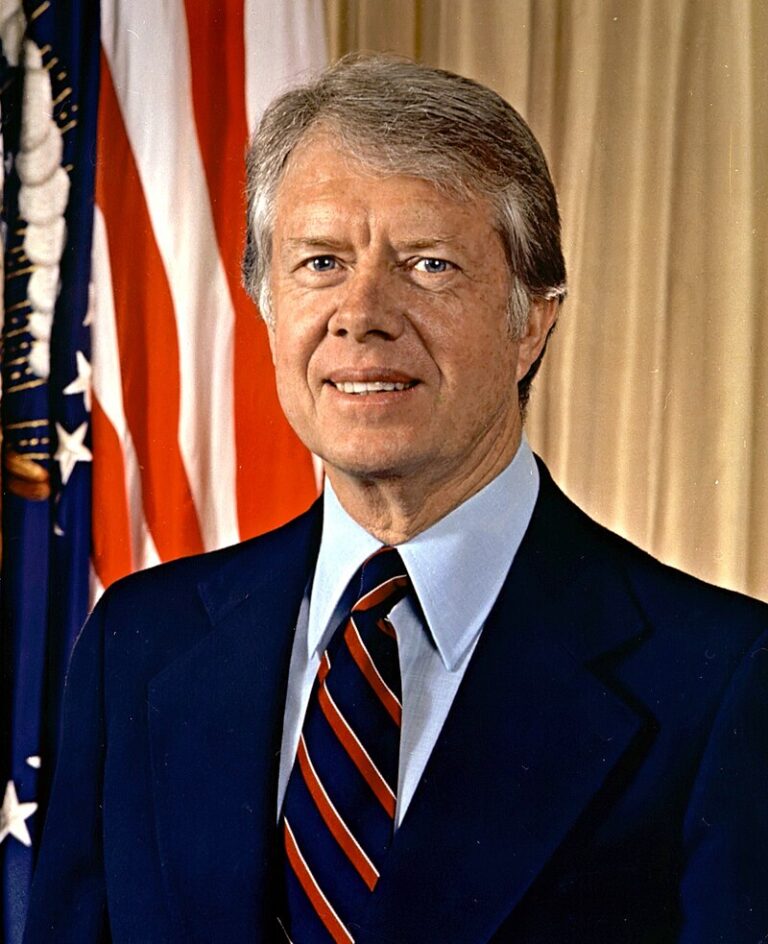
Ulysses S. Grant, born Hiram Ulysses Grant on April 27, 1822, in Point Pleasant, Ohio, became the 18th President of the United States, serving from 1869 to 1877. Before his presidency, Grant was best known for his military leadership as the commanding general of the Union Army during the Civil War, where his strategic genius and determined leadership led to Union victory. His presidency was marked by significant achievements in civil rights, economic policy, and foreign affairs, though it was also marred by corruption scandals that have overshadowed his legacy.
Election and Reconstruction
Grant entered the presidency at a pivotal moment in U.S. history, during the Reconstruction era following the Civil War. His election in 1868 was seen as a mandate for continuing the work of Reconstruction. As president, he aimed to protect the rights of newly freed African Americans, enforce civil rights, and ensure a smooth transition of the Southern states back into the Union:
- Civil Rights Enforcement: Grant signed several Civil Rights Acts, including the Enforcement Acts of 1870 and 1871, which were aimed at combating the Ku Klux Klan and other groups that sought to disenfranchise African Americans through violence and intimidation. He used federal troops to enforce these laws, particularly in the South.
- 15th Amendment: Under his administration, the 15th Amendment was ratified in 1870, granting African American men the right to vote, a significant step toward racial equality.
- Reconstruction Policies: Despite these efforts, Reconstruction was uneven, with varying degrees of success across states. Grant supported the appointment of military governors in Southern states to oversee the transition, but political compromises and waning Northern interest eventually led to a less effective enforcement of civil rights.
Economic Policies
- Gold Standard: Grant advocated for and maintained the gold standard, which contributed to economic stability but was also criticized for limiting the money supply during a time when agricultural prices were falling.
- Indian Peace Policy: Attempting to address Native American relations more humanely than his predecessors, he established the Peace Policy, which aimed at assimilating Native Americans into American society while reducing military conflicts. However, the policy had mixed results, with some treaties and reservations established but also conflicts like the Battle of the Little Bighorn occurring during his term.
- Scandals and Corruption: Grant’s administration was plagued by corruption, with scandals like the Whiskey Ring, where government officials were caught taking bribes to avoid liquor taxes, and the Crédit Mobilier scandal, where politicians were bribed with stock in the Union Pacific Railroad. Although there’s no evidence that Grant personally benefited from these scandals, his choice of appointees and his sometimes lax oversight tarnished his presidency.
Foreign Policy
- Treaty of Washington: One of the most significant foreign policy achievements of Grant’s presidency was the negotiation of the Treaty of Washington in 1871, resolving longstanding disputes with Great Britain over the Alabama Claims from the Civil War. This treaty not only settled these claims but also set a precedent for international arbitration.
- Annexation Attempts: Grant attempted to annex the Dominican Republic, envisioning it as a place where freedmen could settle and prosper, but this effort was defeated in Congress, reflecting the complexities of American expansionism post-Civil War.
Personal Life and Post-Presidency
Grant’s personal life was marked by financial difficulties in his later years. After his presidency, he embarked on a two-year world tour that improved his international reputation but did little for his financial situation. He invested in a financial firm that failed, leading him to near bankruptcy. To provide for his family, Grant wrote his memoirs, which are considered among the finest military autobiographies and were completed while he was dying of throat cancer. He passed away on July 23, 1885, shortly after finishing the manuscript, leaving behind a legacy of military prowess and civil rights advocacy, tempered by the scandals of his administration.
Legacy
Grant’s presidency is often viewed through a lens of duality. On one hand, he was a champion for civil rights, advancing African American freedoms at a time when opposition was fierce. On the other, his administration’s corruption has left a lasting stain. Historians have increasingly reevaluated Grant’s presidency, highlighting his efforts in Reconstruction and his moral commitment to equality, though acknowledging the administrative failures in oversight. His military achievements continue to be celebrated, and efforts in his later years, particularly his memoirs, have contributed to a more nuanced understanding of his place in American history.




